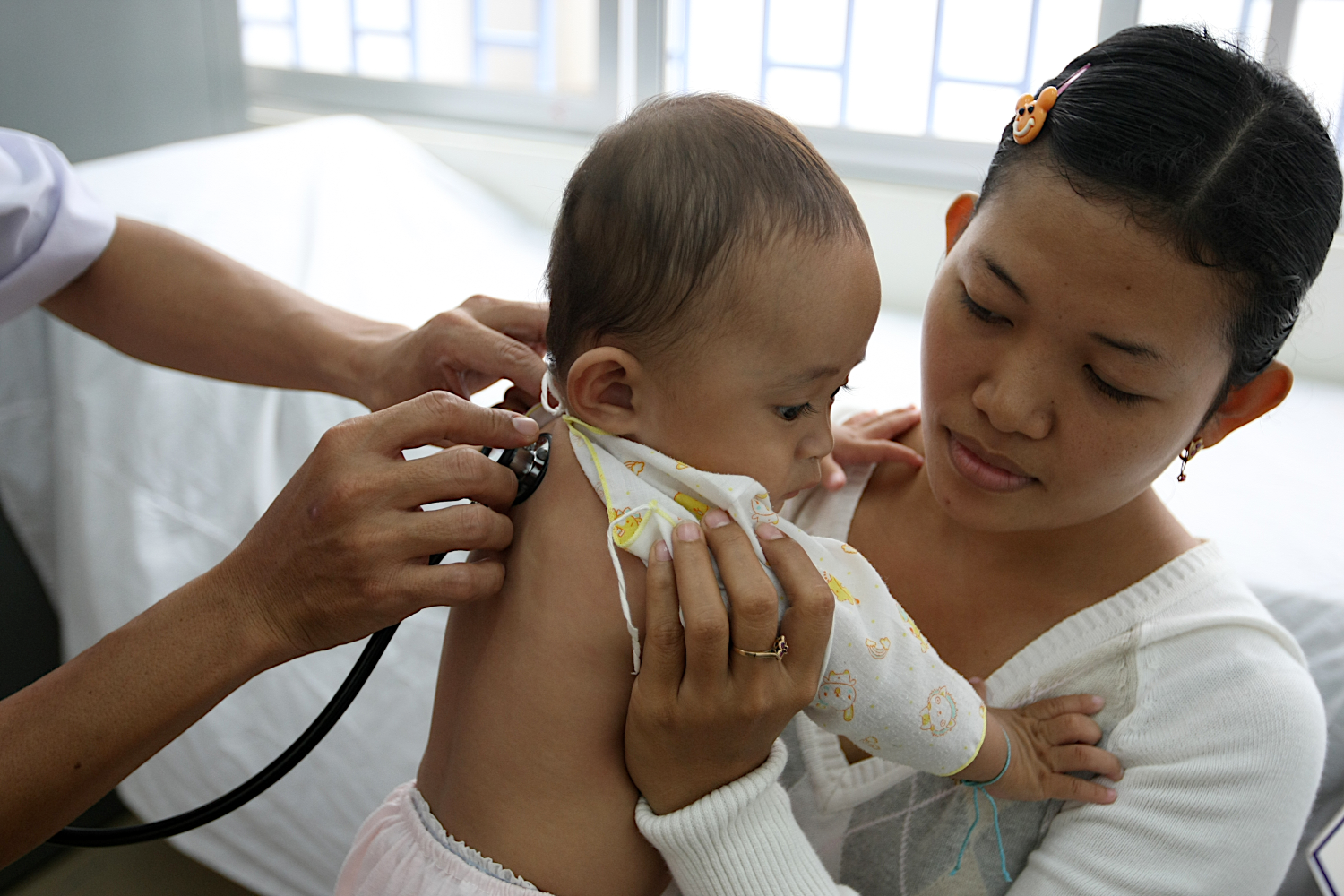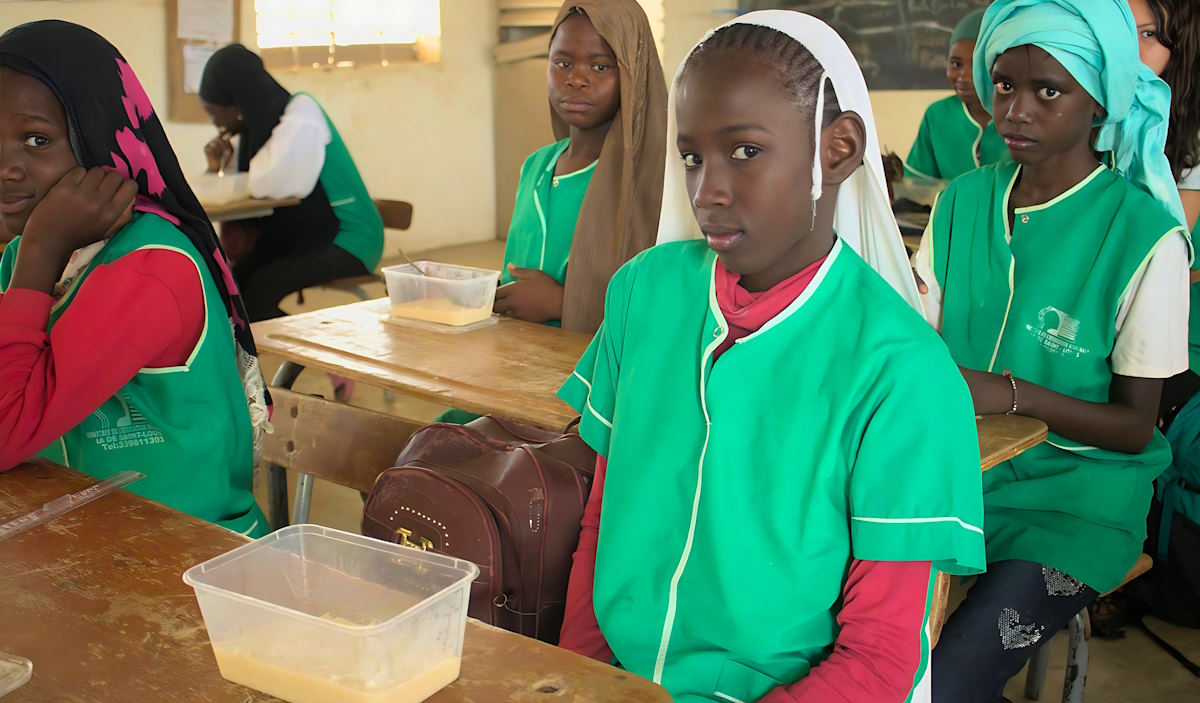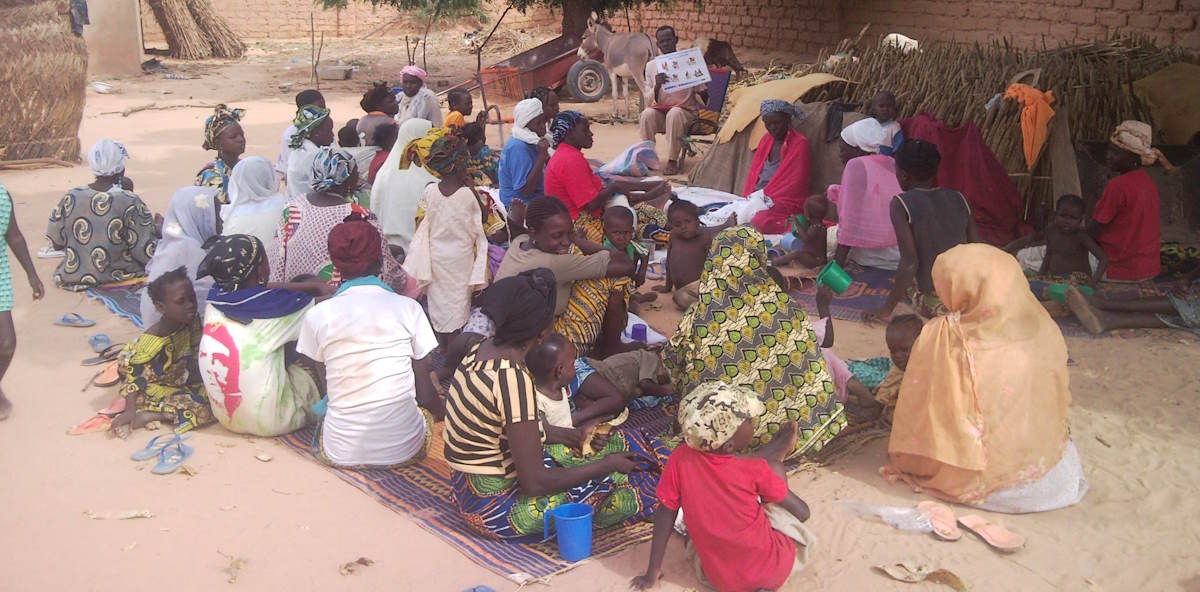In Cambodia, only 30 % of the population benefits from health insurance. How to ensure access for all to healthcare services, while improving quality of care? To meet these challenges, GRET has been working in close collaboration with institutional stakeholders in order to sustainably extend social security coverage throughout the country. A look back at 25 years of action that contributed to developing the public health system in Cambodia.
From micro-health insurance to institutionalisation of social security
GRET began working in Cambodia in 1998. The country, which was still recovering from the Khmer Rouge regime, was experiencing strong social and economic reconstruction, and the population’s health coverage requirements were very high. Although the government stated its intention to protect the population from health risks, it did not yet have the means to do so. To meet this need, GRET launched its first micro-health insurance project.
Entitled SKY (acronym for Sokhapheap Krousa Yeung, which means “our families’ health”), this first project by GRET began by working in a small geographic area, in Kandal province. Given that there were no healthcare organisations with which it could establish partnerships, GRET mobilised private healthcare professionals to provide basic care covering a low number of risks.
In 2000, GRET changed strategy and extended its project to Takeo, a town located in the south of Cambodia, which had a public health centre. In parallel, a primary healthcare centre was also opened in Kandal. This was a significant turning point: signature of contracts with these centres enabled GRET to position itself as an integral partner of the public health system and to demonstrate that its objective was to contribute to developing this system. In 2002, GRET began strengthening its health insurance offer and extending it to new areas, achieving coverage of 18,000 people.
In 2008, GRET launched the HIP project, which aimed to facilitate access to quality healthcare for populations excluded from the health insurance systems. This project benefitted almost 7,500 textile factory workers. The textile sector, which was one of the pillars of the Cambodian economy at the time, was considered a priority. For workers in this sector, the vast majority of whom were women, the cost of healthcare was very high in comparison to their income, and they were often forced to interrupt their employment.
In 2012, with a view to constructing a public health insurance system, GRET began to gradually transfer its activities to the State or to local State-funded operators in order to make systems sustainable. Most importantly, it provided technical assistance to the National Social Security Fund (NSSF) with a view to strengthening capacities to manage health insurance, which became compulsory in 2016 for employees in the formal private sector. This was the beginning of a productive collaboration that is still continuing to this day.
“With HIP and SKY, and the technical assistance initiated with the NSSF, GRET positioned itself as a central stakeholder in the implementation of a fair social security system, enabling everyone to be protected in the event of major health risks. Today, it is crucial to continue extending access to social security, particularly for the most vulnerable in society, just as it is important to improve the quality of healthcare services”, explains Thibaut Hanquet, social protection project manager at GRET.
Extension of health insurance to informal workers
In Cambodia, out of a working population of 7.9 million people, it is estimated that 6.1 million work in the informal sector[1]. In this context, GRET is supporting the NSSF to deploy a pilot project extending health insurance to the informal sector (the SPIN project). Launched at the end of 2018, this project will initially focus on two sections of the population that are particularly vulnerable and difficult to reach: tuk-tuk drivers and domestic workers. As an example, this system will enable tuk-tuk drivers paying a monthly contribution of less than 4 euros to access healthcare services in hospitals, maternity clinics and emergency departments.
“I barely earn enough to cover my monthly costs, and sometimes I don’t have enough money to pay for my medical treatments… I earn between 30,000 and 50,000 riels per day (between 7 and 10 euros approximately). Now that I have access to social security, I can save a little money in case I fall ill. If I didn’t have access to it, even if I spent all the money I earn on healthcare, it still wouldn’t cover my medical costs“, says Phy Samoul, a tuk-tuk driver in Phnom Penh. “Like others working in the informal sector or as freelance workers, I am happy to be able to access healthcare services… We had been hoping to join the NSSF for a long time“.
Future project activities are aimed at extending the approach to other groups of informal workers, such as delivery workers and market vendors. The ultimate objective is to open access to all sole traders and freelancers.
Creation of “climate-adapted” social security
The “Strengthening climate-adapted social insurance in Cambodia” project, conducted in collaboration with the NSSF, is the last in a series of projects that enabled gradual extension of social security in the country. Signed in February 2023, it is aimed at agricultural workers, the vast majority of which do not have access to social insurance. The project objective is to protect workers in this sector, one of the most exposed to climate change risks, with impacts on workers’ production, income, food security and health.
Working towards universal health coverage
GRET is now positioned to support the consolidation of a solid contributory social insurance system, in order to achieve an ambitious objective: universal health coverage by 2030.
“GRET is proud to be Cambodia’s partner in this work promoting social protection. We continue to be highly committed and we are using our expertise and our experience to help Cambodians access a comprehensive social protection system. Naturally, there is still a lot to be done and there are numerous political, social and economic challenges that need to be addressed, but I am convinced we will achieve our objective,” concludes Keo Socheata, GRET’s representative in Cambodia.
Today, GRET is drawing on its successful experience in Cambodia to develop health insurance projects in other countries. This is currently the case in Madagascar.
[1] According to data from the 2019 Labour Force Survey (LFS)






